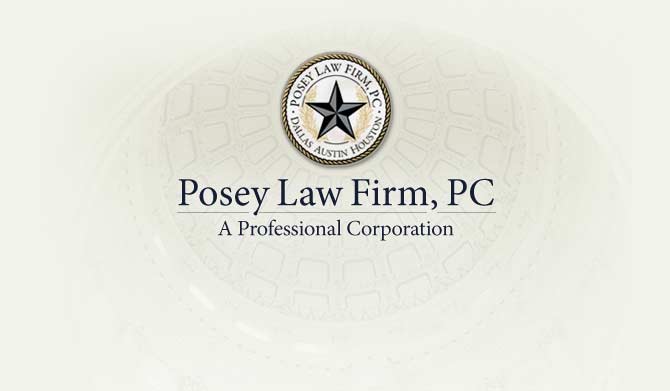The rapid growth in cottage food businesses has been fueled by the presence of online commerce platforms like Etsy and the rapid expansion of the local food movement. With the growing acceptance of farmer's markets and other peer to peer commerce models, many people are taking their hobby and turning it into a small business.
Cottage food businesses are those where food is made in the home and sold by the maker. Gross sales from the business need to be under $50,000.00 USD annually. Before moving into commercial production and selling of food, though, cottage food businesses need to make sure they are complying with state laws. Texas has specific guidelines on what can be sold in a cottage food business, and where it can be sold.
Texas does not require either a license or a health department inspection for food to be prepared and sold in a cottage food business, but it does restrict what can be sold. Foods that require specific preparation or holding, such as refrigeration for safety are prohibited. Fresh or dried meats and fish, including jerky, cannot be sold from a cottage food business. Typically baked goods, candy, jams and jellies, nuts, popcorn and cereals, herbs and mixtures, coffee and tea, and mustards can all be prepared and sold through a cottage food business.
Products make and sold through a Texas cottage food business cannot be sold online. Sale is restricted to farmer's markets and stands, from the home, through municipal and county fairs, through nonprofit fairs. Makers can also deliver their product to customers.
Labels are required that list ingredients, common names of the product, and the name and address of the cottage food production operation. There is also a required statement that needs to go on the label stating that the food has been produced in a cottage food kitchen that has not been inspected by state or local health departments.
Though home kitchens are not inspected, complaints to the local or state health department regarding the safety of food made and sold through a cottage food production will be investigated, and the state or local municipality has the ability to stop production and remove the food from markets where it can cause human harm.
According to attorney Jake Posey, managing shareholder of The Posey Law Firm, PC, liability protection can be addressed with both insurance and a small business structure. Small food businesses also have the option of renting or sharing a commercial kitchen for food preparation.


